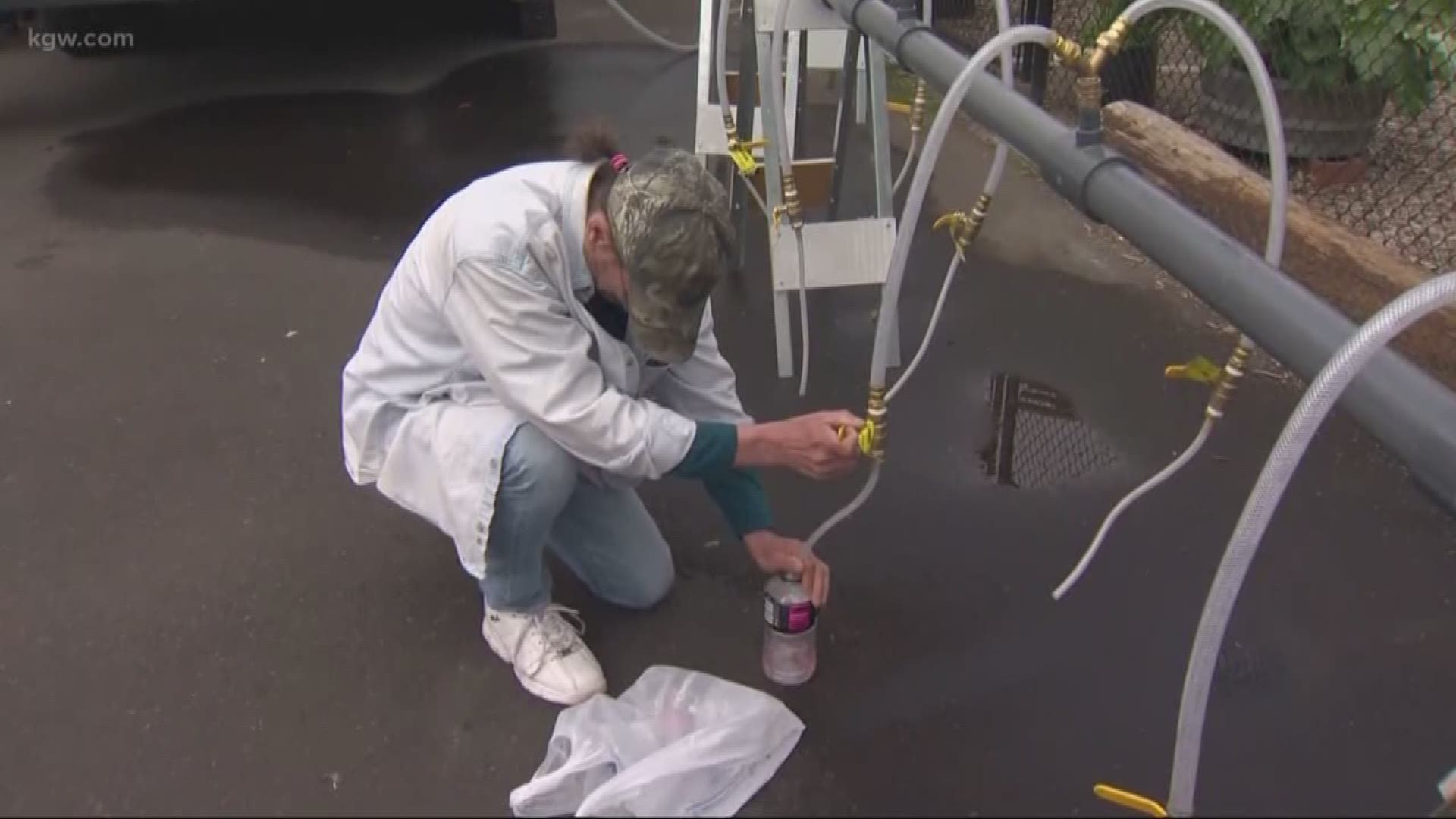Salem's water remained unsafe for young children and some adults to drink Thursday after new test results found toxins remain in the city's tap water.
The advisory does not apply to everyone. Here's what you need to know about the advisory, who is at risk and how to spot symptoms in case of emergency.
Who is at risk during Salem's water emergency?
Healthy adults are not at risk. Children younger than 6, people with compromised immune systems, people receiving dialysis treatment, people with pre-existing liver conditions, pets, pregnant women or nursing mothers, or other sensitive people should not drink the water.
Why the water is dangerous and symptoms to look out for:
If you drink the water you may consume cyanobacteria, a common bacterium that can produce a natural poison called cyanotoxins. In mammals like humans, exposure to cyanotoxins can cause allergic reactions, respiratory issues, and severe illnesses like liver and kidney damage. With extreme exposure, symptoms may include organ failure, paralysis, and even death.
The level of toxins are not considered dangerous for most adults.
When bottled water is your best friend:
Since boiling water and most filtration and purifier systems won't entirely remove the toxins, officials recommend vulnerable populations avoid drinking the city water until the advisory has been lifted. In addition to children under age 6, these vulnerable populations include dialysis patients and nursing mothers.
Nursing mothers and pregnant women are advised to stick to bottled water.
Can I use tap water for cleaning purposes?
The water is fine for daily tasks like washing hands, bathing, cleaning dishes and laundry, and flushing toilets. David Farrer, a public health toxicologist with the Oregon Health Authority, said these toxins are not absorbed through the skin - the harm is caused when they are ingested. He added that a small amount of tap water consumed while washing your face is harmless. c But health officials recommend monitoring infants and young kids while bathing and doing other tap water-related activities to prevent them from drinking the water.
How Salem hospitals are reacting
The Oregon Health Authority has advised Salem hospitals against using the tainted tap water, providing this guidance: "At drinking water advisory levels, hospitals should not use tap water for patient care that includes washing open wounds or exposed tissues unless the water has been treated at the facility to remove cyanotoxins. Hospitals that pre-treat water from the local public water supply using reverse osmosis, nanofiltration or continuous disinfection with chlorine as per recommended treatment specifications may continue to use the water for patient care."
Support our journalism: Become a Salem Statesman Journal subscriber today and get unlimited digital access to support stories like this one.

